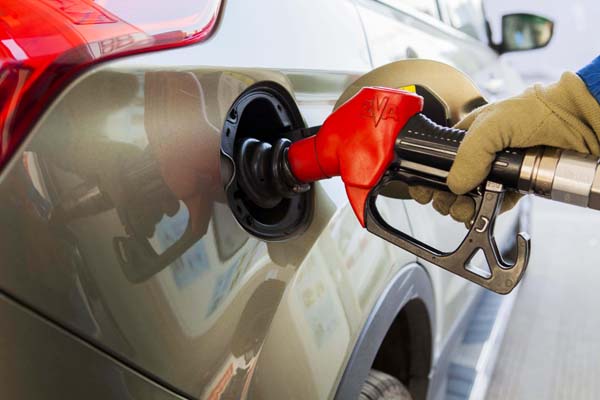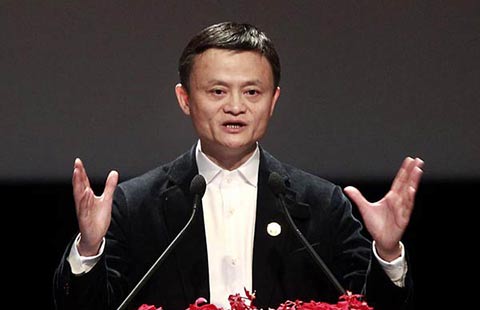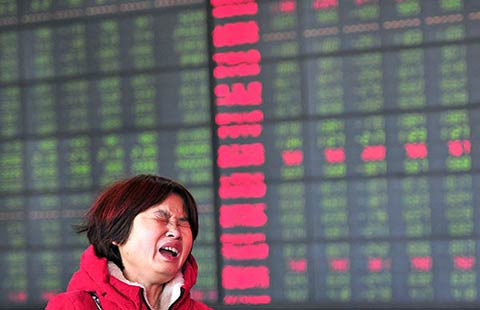Oil pricing to fight pollution
(China Daily) Updated: 2015-12-31 07:38
 |
|
A worker fills up a car with fuel at a gas station in Lianyungang city, East China's Jiangsu province, Feb 9, 2015. [Photo/Xinhua] |
By refusing to cut domestic gasoline prices to reflect the recent fall of international crude oil prices, the National Development and Reform Commission, China's top economic planner, has attracted a storm of complaints from the public.
It is natural for Chinese drivers to envy their counterparts in the United States as pump prices in the US have fallen to below $2 per gallon, about half the price in China. Unfortunately, that kind of cheap gasoline is not what the country can environmentally afford.
Under the current mechanism that came into effect in March 2013, domestic prices of refined oil products are frequently adjusted to follow the pricing trend of international crude oil. But the severity of the thick smog that has engulfed many Chinese cities this month has forced the top economic planner to carefully weigh the benefits of sticking to the present oil pricing system against the environmental cost of encouraging more driving with cheaper gasoline.
The NDRC's decision on Tuesday to continue suspending the price adjustment of domestic refined oil products before a new pricing mechanism chips in is thus a move to help fight air pollution, since vehicle emissions are one of the major sources of air-borne pollutants.
Thus it is more than obvious that the country's pricing authorities cannot allow falling international crude prices to bring domestic pump prices down further, which may send a misleading signal to the public who are being encouraged to reduce their use of fossil fuels.
Complaints about the suspension of gasoline price cuts indicate more opposition to new rules to put an appropriate price tag on the environmental cost of driving. But policymakers should not hesitate to make clear their preference for a clear sky.
- Building a "market-based and controllable" product oil pricing mechanism
- Oil pricing reform spearheads China's marketization push
- China to shorten oil pricing period
- Oil pricing system gets adjustment
- China to reform oil pricing mechanism: development chief
- No timetable for new oil pricing mechanism
- Chinese shares close lower on final day of 2015
- Reforms key for internationalization of RMB
- China's 'supply-side structural reform' to solidify bedrock for sustainable development
- China will surpass US to become top consumer of Chilean wine
- 'Taobao village' on the move to deliver perfect holiday
- China's 'supply-side structural reform' to boost new economy
- How to win the tough battle of the structural reform
- Call for potent market supervision after tumultuous year

















